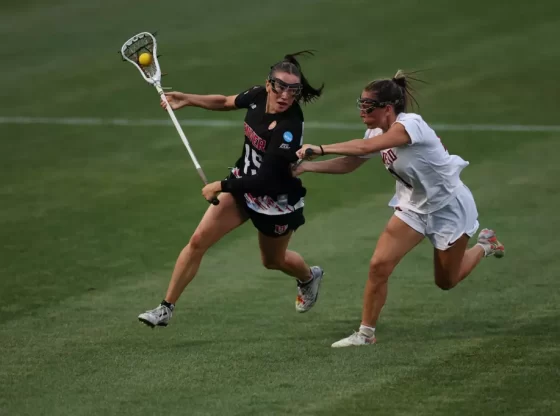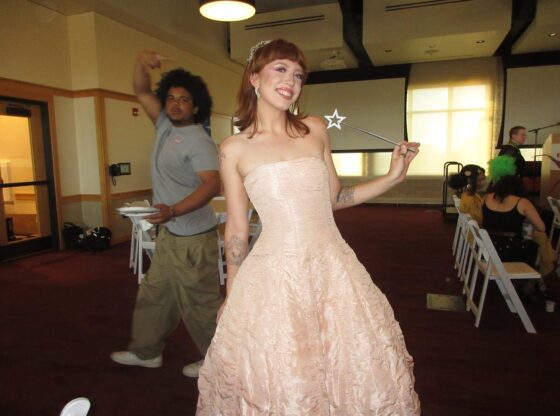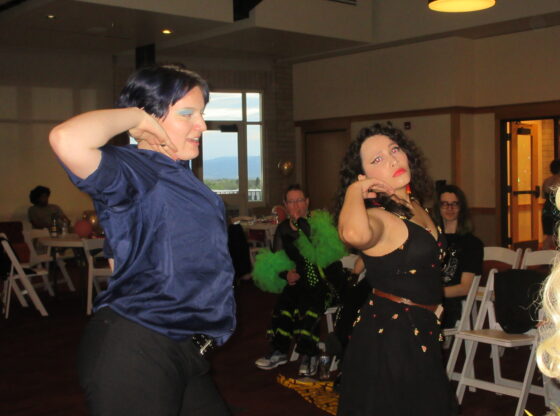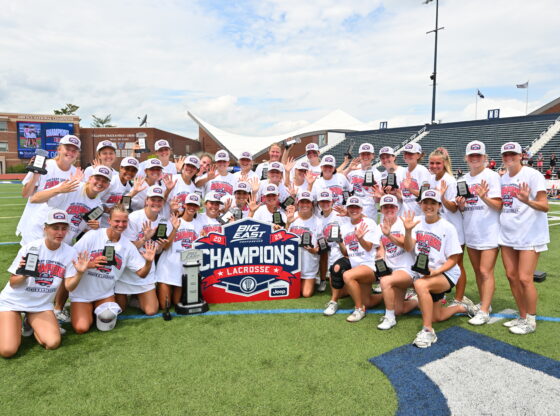 Photo by: Toby Wang
Photo by: Toby Wang
Students attending the quarterly Chancellor’s Roundtable last Wednesday were clear expressing their desire for a stronger sense of community on campus.
“We ought to be able to build a more cohesive culture here without football,” said Chancellor Robert Coombe in response.
His comment was part of an open forum discussion with about 20 students attending the roundtable in Driscoll Ballroom. Students questioned the chancellor on issues ranging from the lack of trust between students and resident assistants in the dorms to the schools’ hiring practices.
In addressing the lack of community problem, Coombe pointed to the “double-edged sword” of living in Denver, which entices students to leave campus on weekends.
The university needs to plant the “seeds for a broader campus culture,” said Coombe.
“It’s not easy. It’s a hard issue,” said Coombe, who sees athletics as one way of building that community.
But, with most sporting events occurring on weekends and ticket sales down, students were wary of the argument that Denver’s venues and night life are to blame..
Low tickets sales are “an issue of the cohesion of the campus community as a whole,” not due to lack of interest, said Coombe. “(We have to start) making the activities on the university more attractive to students.”
Students moving off campus also inhibit the ability to create a campus community. Kyle Leigh, a sophomore resident assistant (RA) and international business major, asked the chancellor how the university was going to provide more value to students to attract them to on-campus living.
“We work on it all the time,” Coombe said. The university attempts to make the dorms cost competitive.
Leigh also raised the issue of a “lack of trust” between students and RAs, with RAs serving as both friends and enforcers of university policies, particularly relating to alcohol and drugs.
The administration understands how this distrust can prevent RAs from building a sense of community on their floor, said Jo Calhoun, associate provost of Student Life.
“We don’t want students not going for help because they might get in trouble,” added Calhoun, who spoke about the “fine line” between following the law and leaving doors open to address the health issues of those who truly have a problem.
Coombe mirrored Calhoun in calling it a “balancing act” between law and health on campus.
“Alcohol is a huge issue on every campus,” said Coombe. He added that the university’s policies must take into account the difference between peer culture and university enforcement.
One student questioned the chancellor about the university’s hiring practices, citing a recent article that stated that most DU professors are liberals.
“We don’t hire people based on their political beliefs,” said Coombe. “I would say that DU is more balanced than a lot of universities.”
Liberal-minded individuals are more often to be found in this profession, said Coombe, but DU hires faculty based on an applicant’s “unusual ability to stimulate the minds of our students.”
While Coombe believes this is a rare issue on campus, the student found political beliefs to “pervade the classroom environment.”
“We believe our faculty members will stay neutral. That’s their job,” responded Coombe.
After the two-hour discussion, students felt optimistic but cautious about the chancellor’s comments.
Leigh said the chancellor is always open to hearing ideas, but gave the following warning to students: “We’re only here for four years and these processes take a lot longer than that.”
Triveni Gandhi, international studies major and commuter student, appreciated the chancellor’s comments but was wary of the ability for ideas to be implemented.
“I think he understands the issues, but it’s going to take a lot more than dialogue,” she said.










